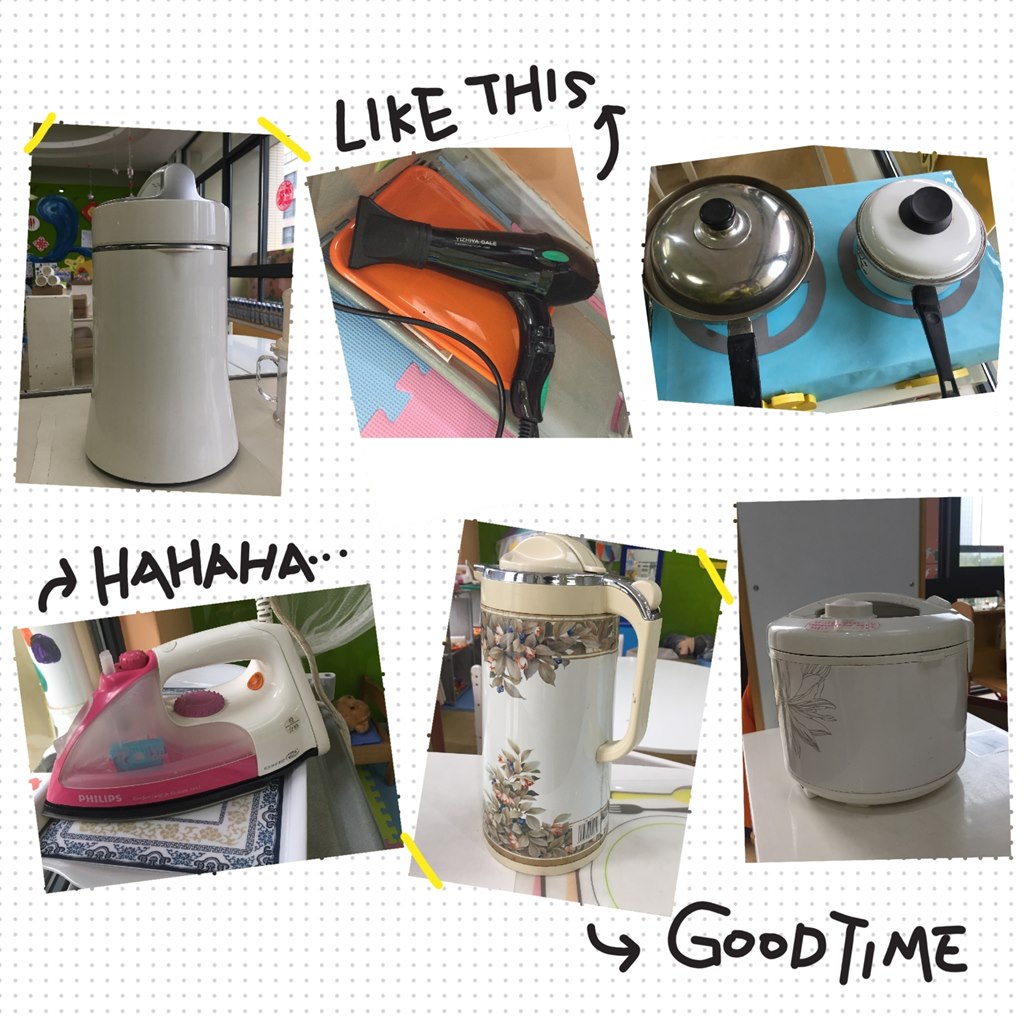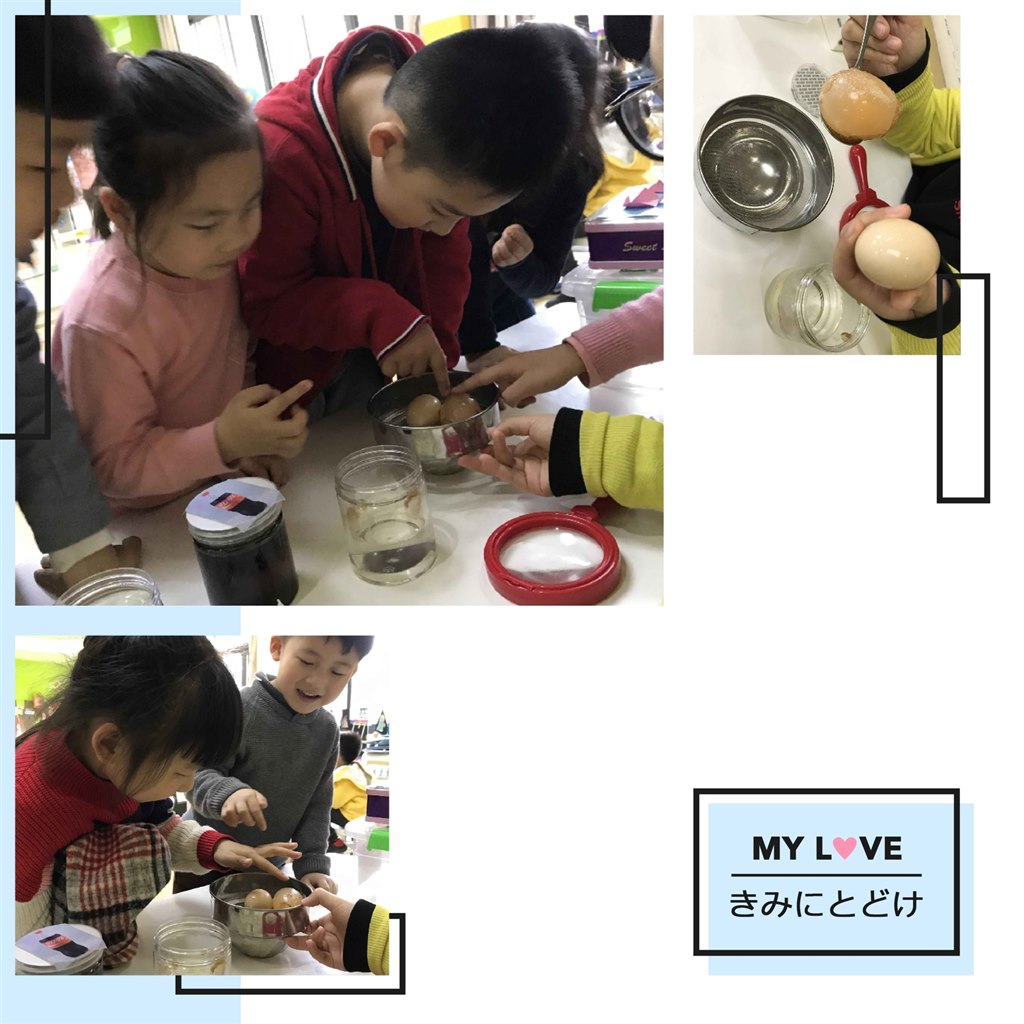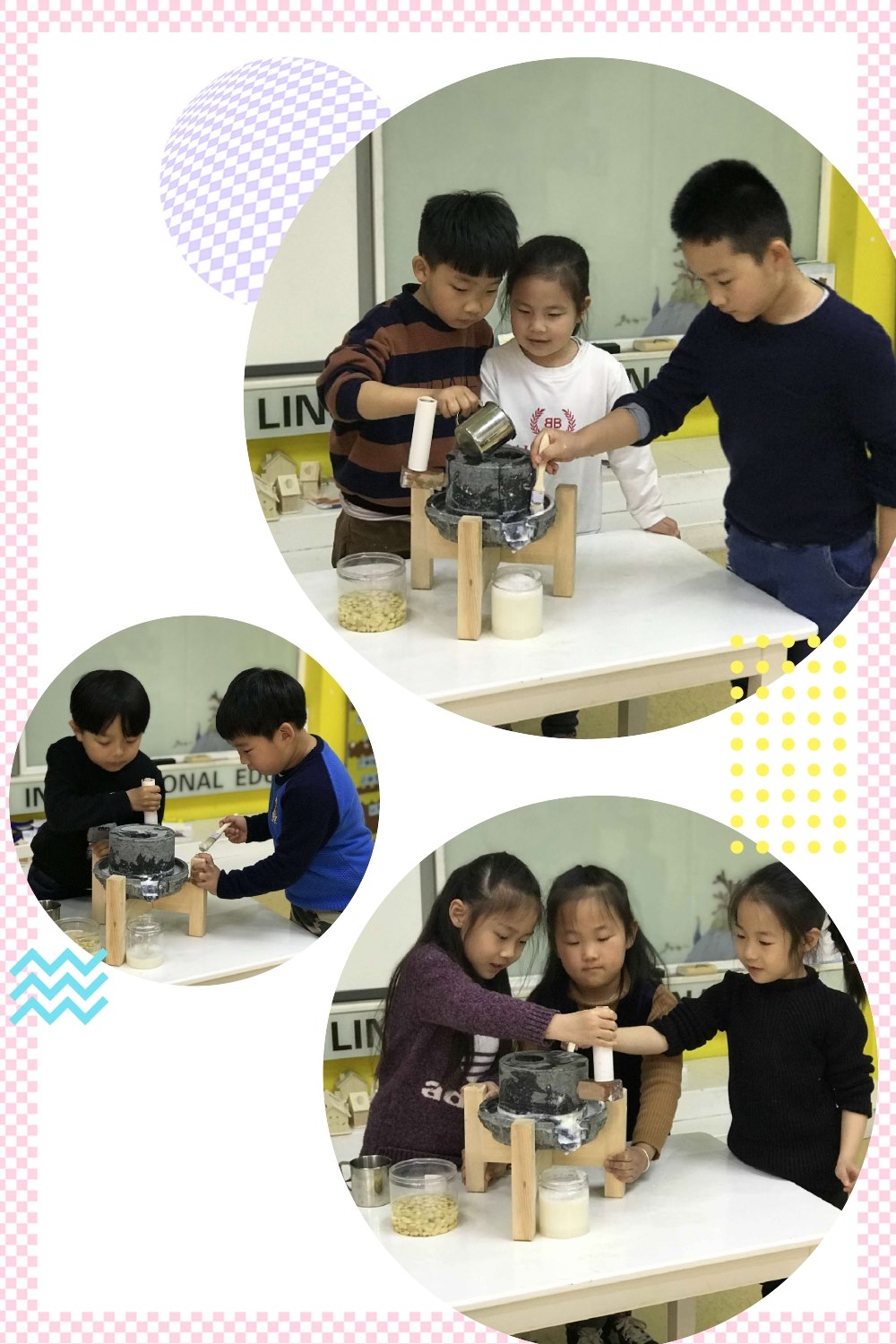幼儿生活区是现实生活的微缩版,由于这个区域是最贴近幼儿生活的,通过尝试我们发现无论哪一个年龄段的幼儿对此区域都富有极大的兴趣,参与生活区的活动往往成为他们乐此不疲的事。
The dramatic play areas in classrooms reflect real life. Children of any age group are very interested in the area, and participating in the activities of the living area is often something they enjoy.

看宋幼的生活区内容渗透在生活的方方面面,如培养自理能力(穿脱衣服,系鞋带、梳洗、叠被子、喝水、进餐等)、整理环境(扫地、整理餐桌、收纳衣物、值日等),动手操作(磨豆浆、泡发、剥花生等)还可以将生活区拓展到户外,进行采摘蔬菜的活动等。
The areas develop the ability to take care of oneself, like changing clothes, tying shoelaces, washing, eating, and drinking.


生活即教育”是陶行知先生教育思想的核心,生活是教育的源泉,教育根植于幼儿的日常生活,而幼儿的思维是以具体形象思维为主,这样的学习特点也要求幼儿教育的内容取之于幼儿生活,因而,我们应选择贴近幼儿的生活,符合幼儿的生活经验和兴趣体验的主题活动内容。
Life as education is the educational core of Tao Xingzhi. Education is rooted in the daily life of young children and their thinking is based on concrete experiences. This means that the content of preschool education should be based on children's lives. Therefore, we should choose activity content that relates to children’s lives and experiences.


















































